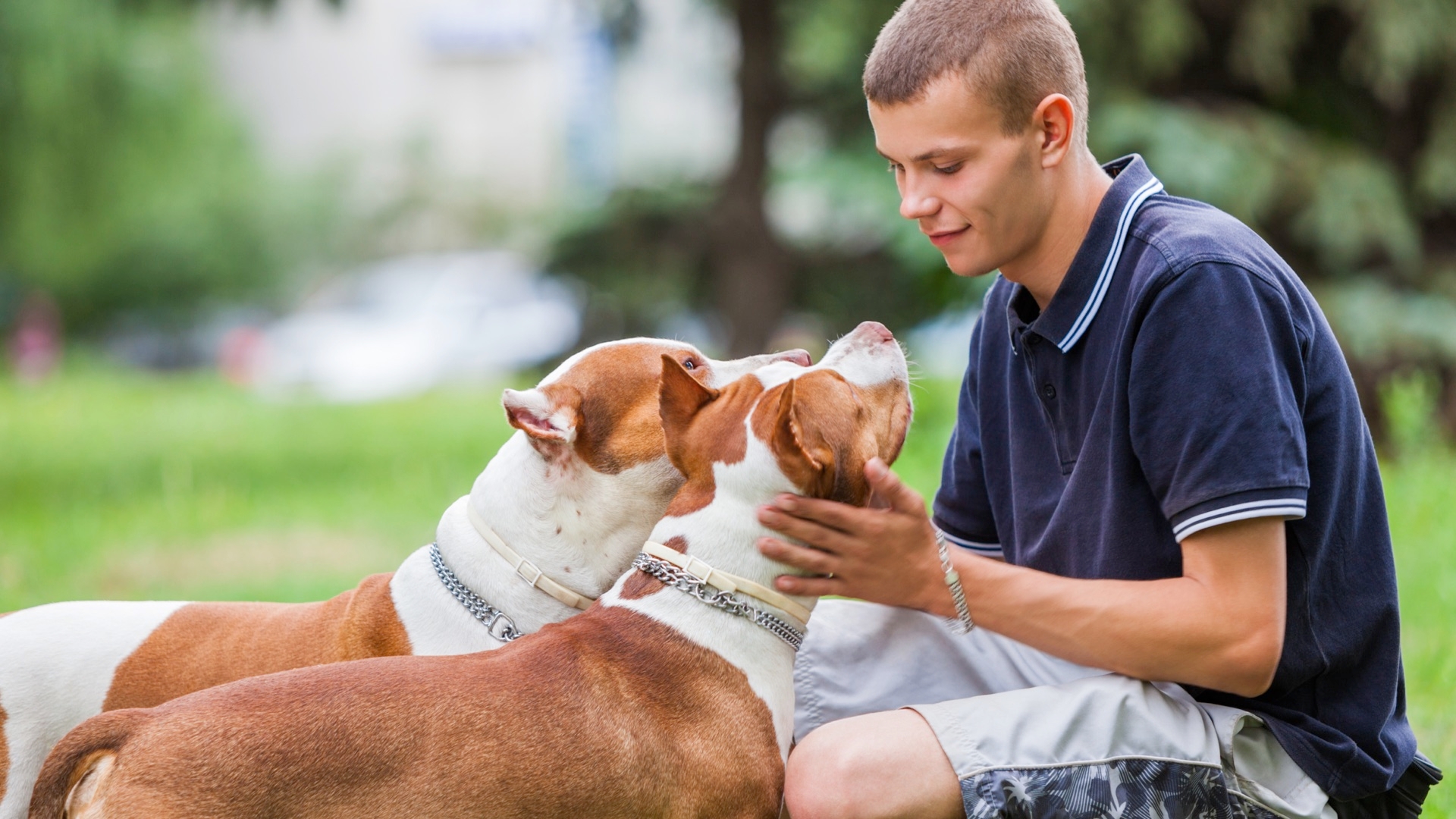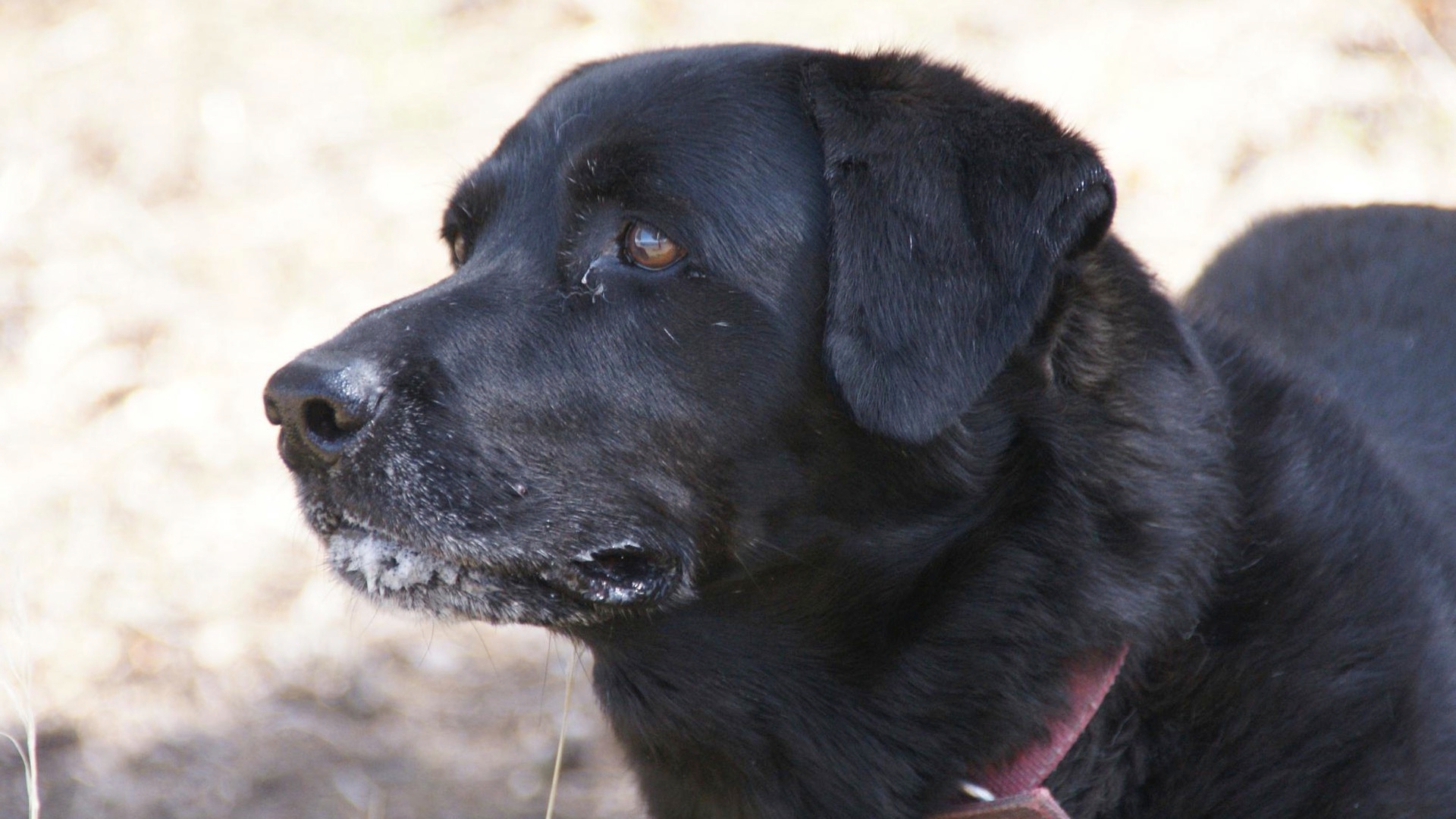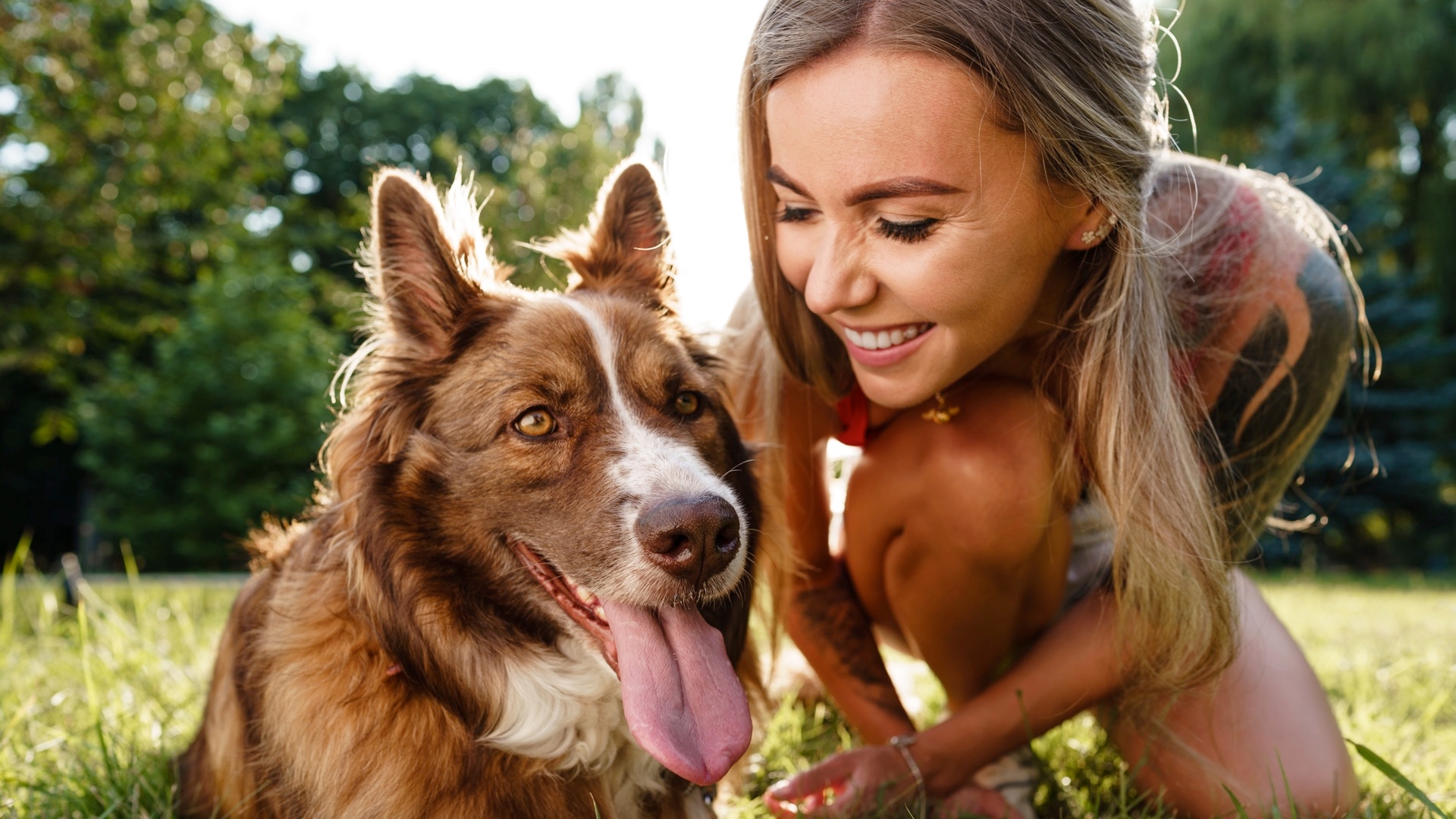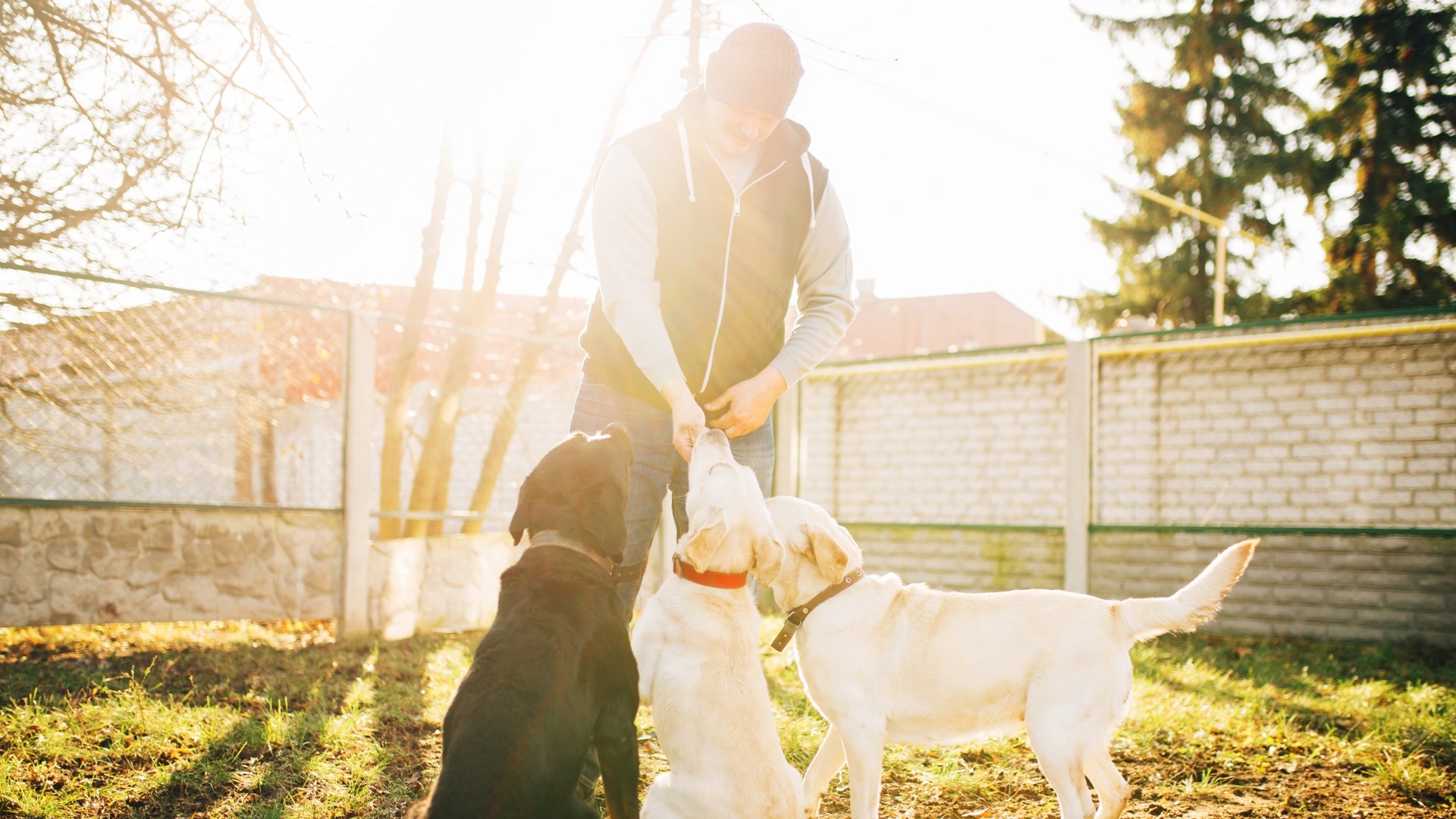Responsible Pet Ownership:
The tag "responsible pet ownership" relates to: canine, cat, dog, dog care, dog training, health, pet health, pet training, pets, and tips. For more tags, view our complete tag index.
The following blog entries have been tagged "responsible pet ownership".
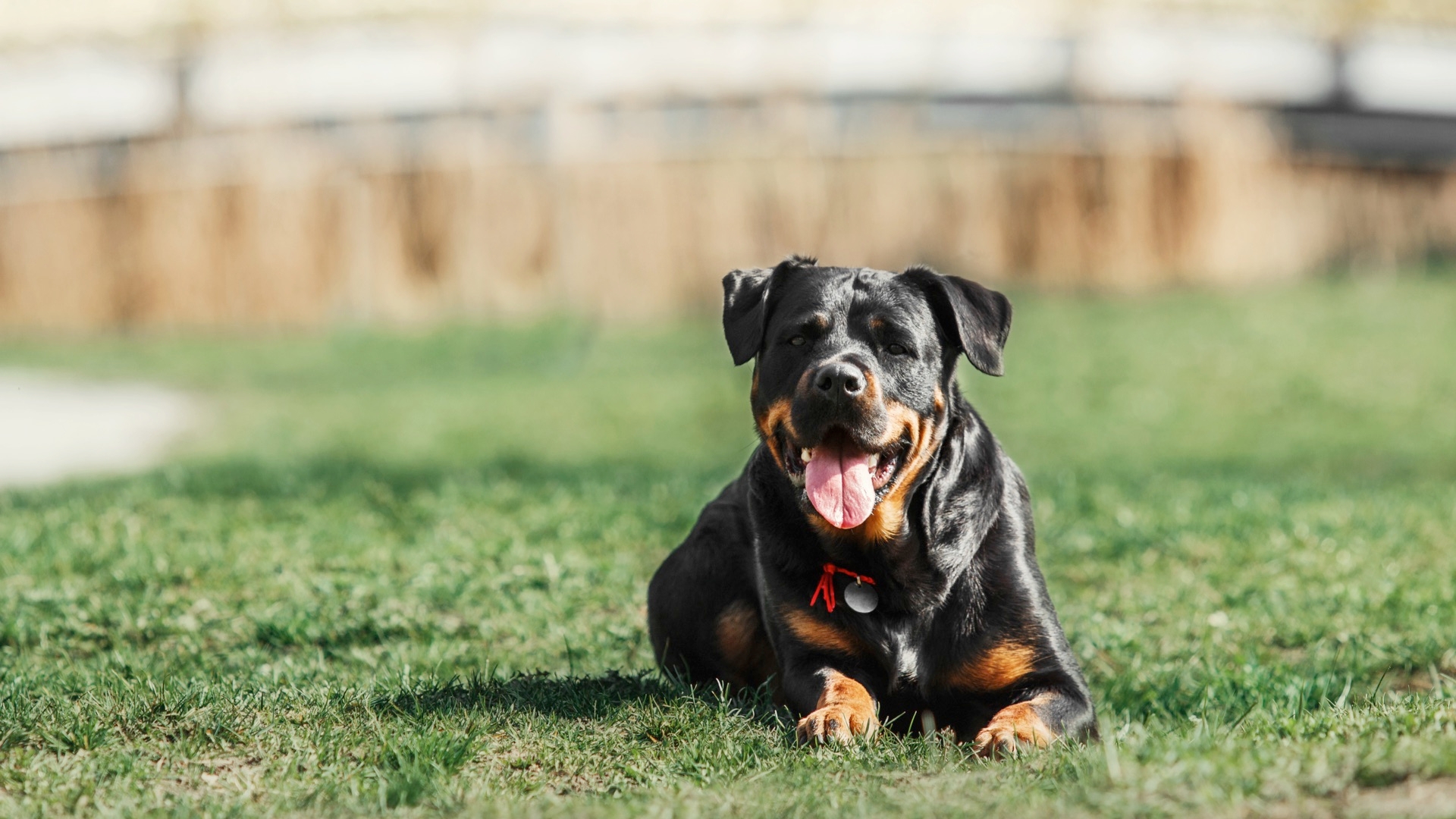
Many behaviors that are entirely natural for dogs and cats—like barking or meowing, scratching, biting, digging, chewing, escaping, and running away—can be challenging for some pet parents. Although advice abounds in the form of popular TV shows, books, and well-meaning friends and family, the best and most efficient way to resolve your pet's behavior problems is to seek assistance from a qualified professional.
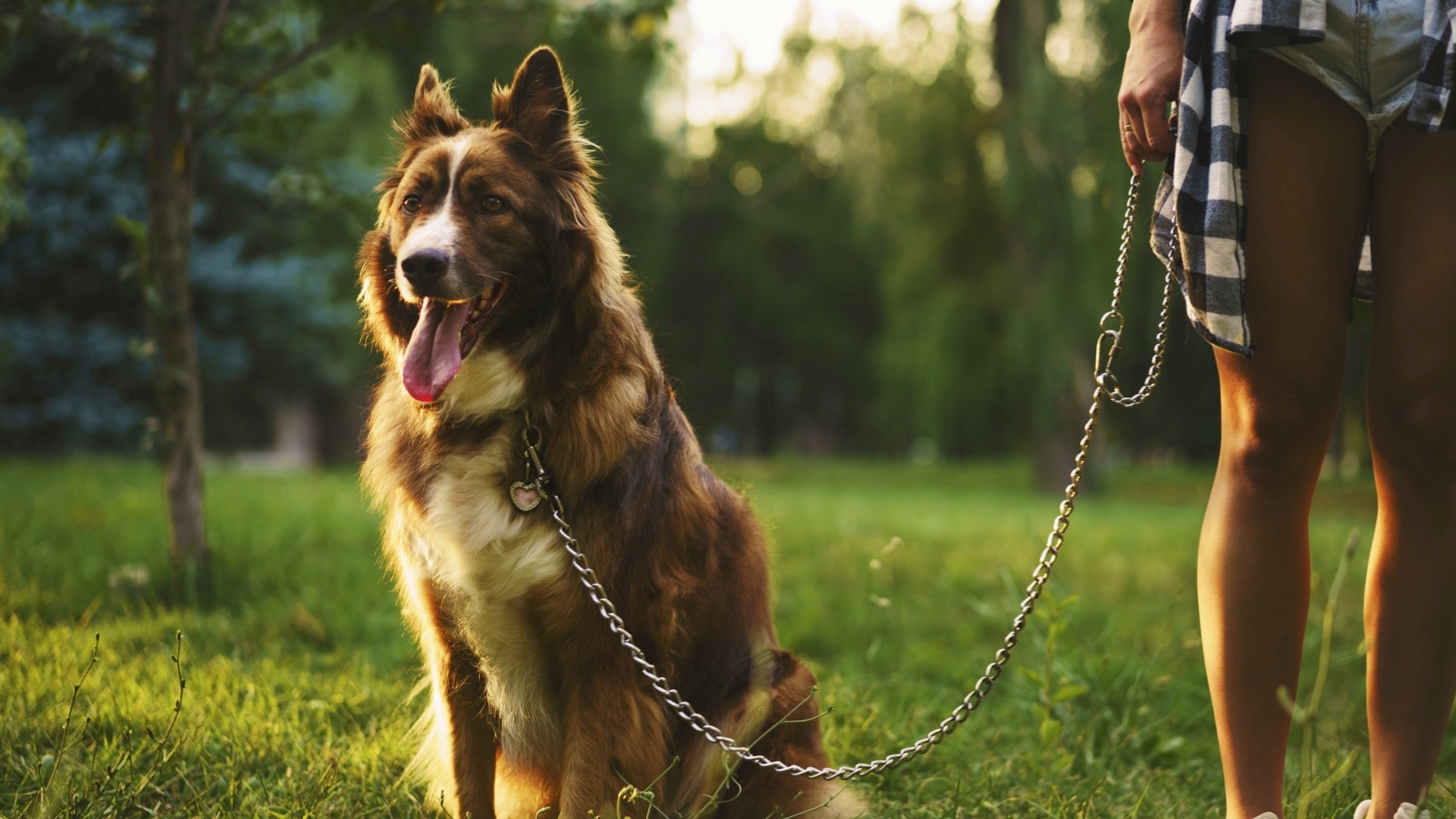
Owning a pet is a privilege that brings us great rewards. Because our pets can't speak for themselves, we each take on a responsibility as owners to advocate for them and provide the support and resources they need to live healthy, happy lives. Providing that support begins even before we bring a pet home and lasts the duration of your pets life.
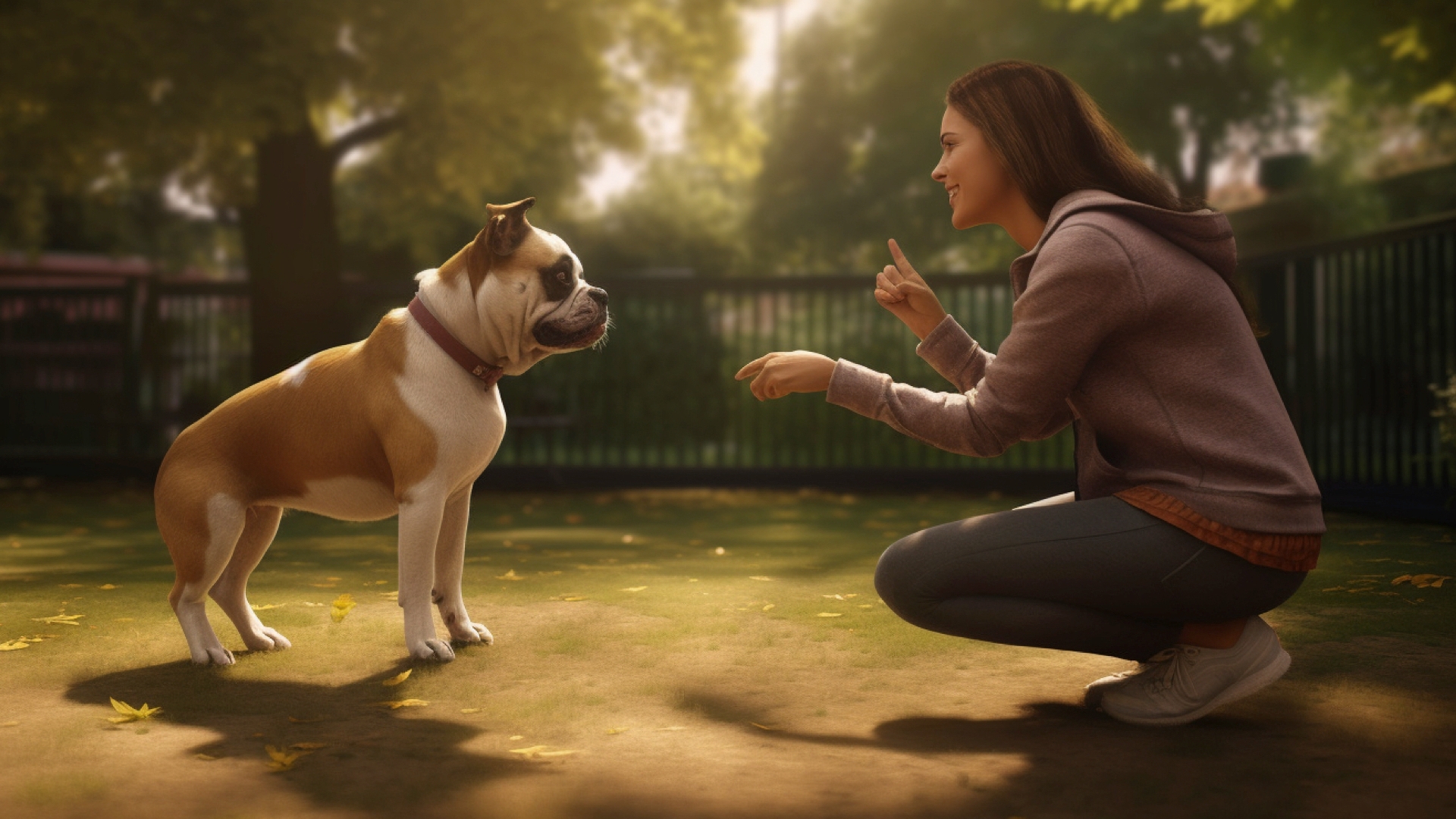
Positive reinforcement, an effective and humane method rooted in the science of operant conditioning, is beneficial for dog training. This approach involves rewarding good behavior, thereby encouraging its repetition and fostering a strong bond with your dog. Positive reinforcement aids in preventing behavioral issues by teaching dogs the desired actions instead of punishing undesirable behavior. Implementing this method requires identifying behaviors to encourage, determining your dog's preferred rewards, timely rewarding, consistency, patience, and refraining from punishment or physical force.
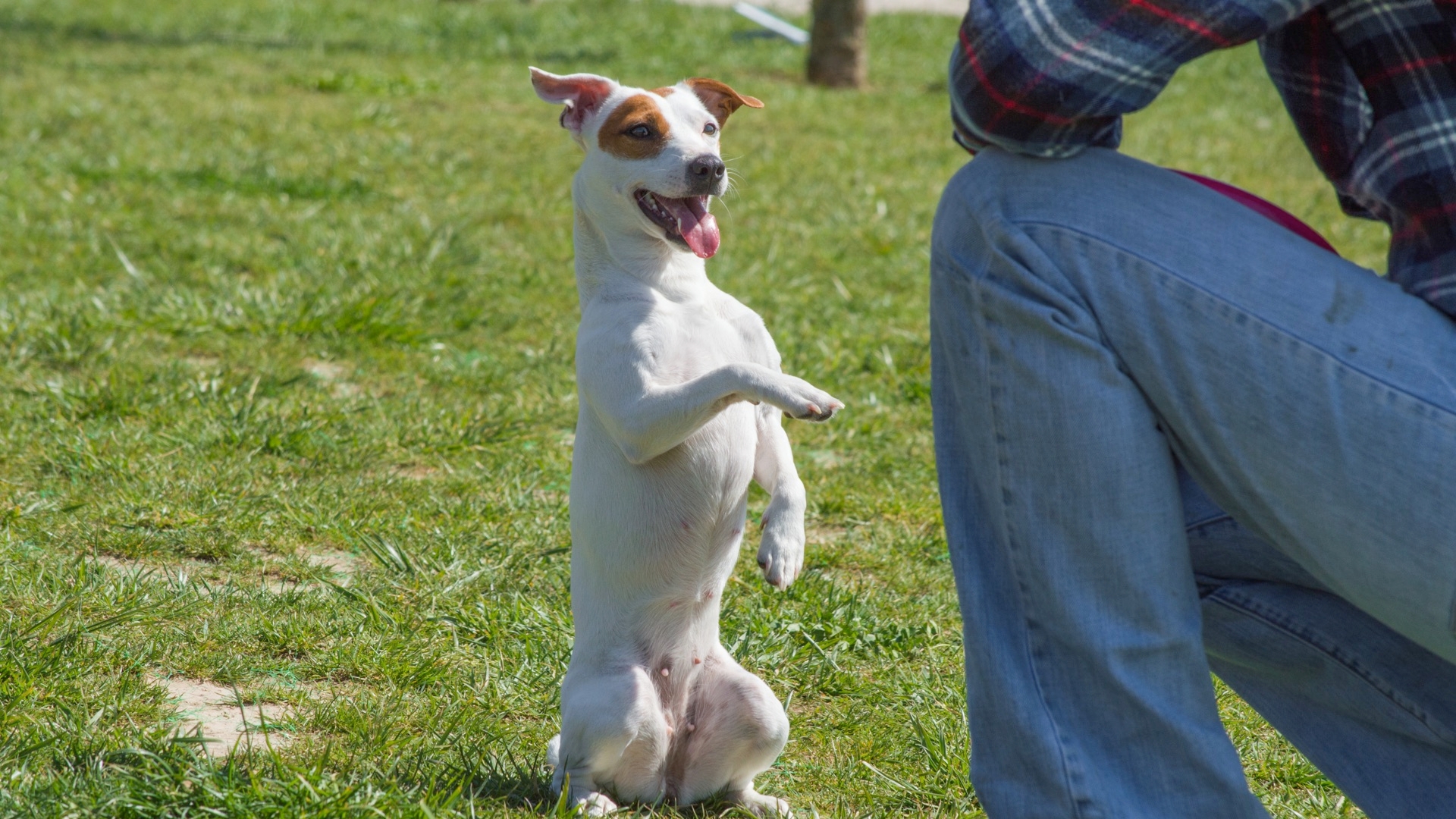
With the wide variety of dog trainers available and the differing skills and educational levels, you will no doubt encounter diverse opinions when talking to trainers, reading their websites, and getting ideas from former clients, friends, and others. While the internet has been an excellent tool for education, it has also helped propagate many myths about dog training.
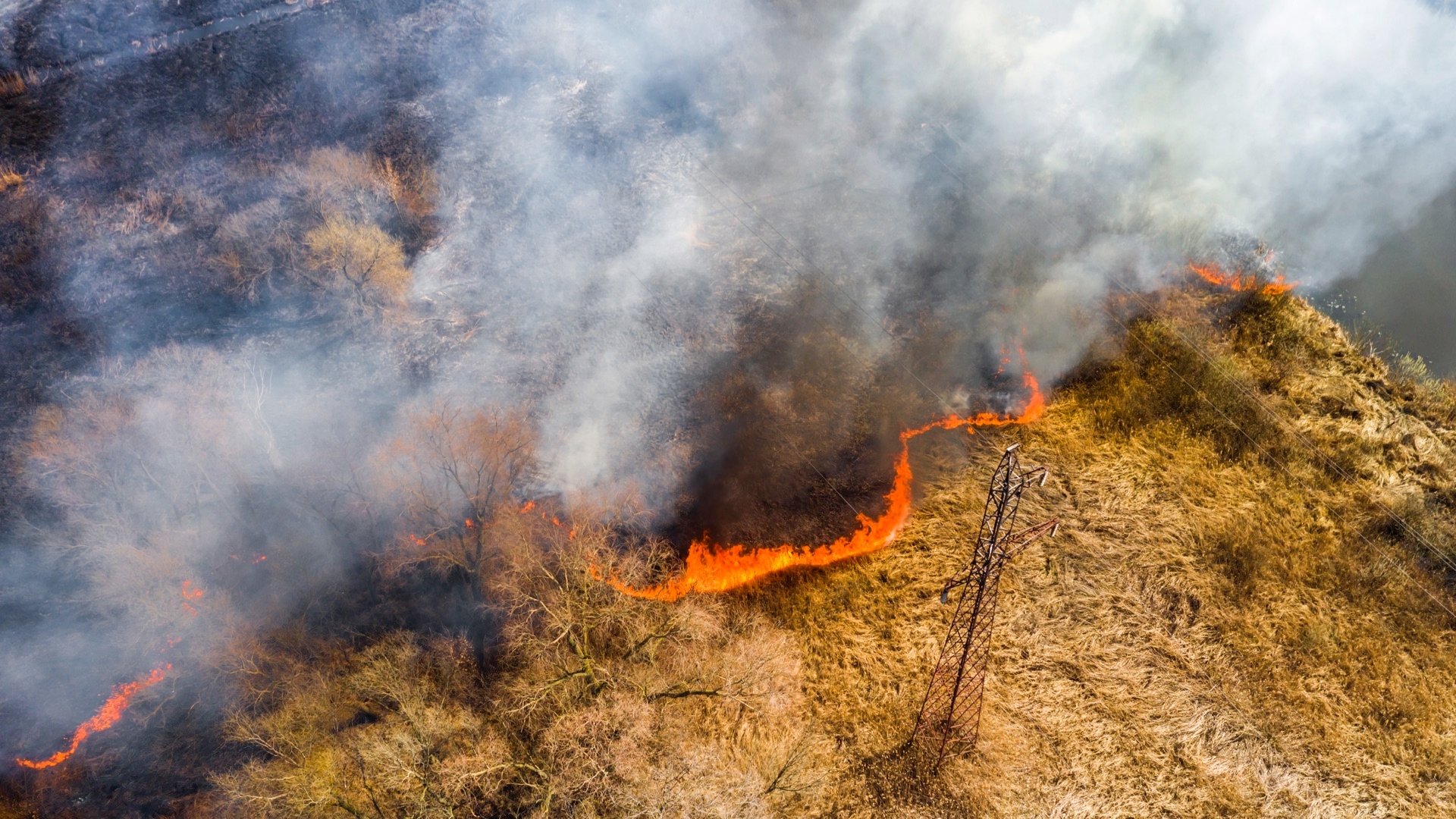
Your pets can be affected by wildfire smoke. If you feel the effects of smoke, they probably do, too! Smoke can irritate your pet's eyes and respiratory tract. Animals with heart or lung disease and older pets are especially at risk from smoke and should be closely watched during all periods of poor air quality.
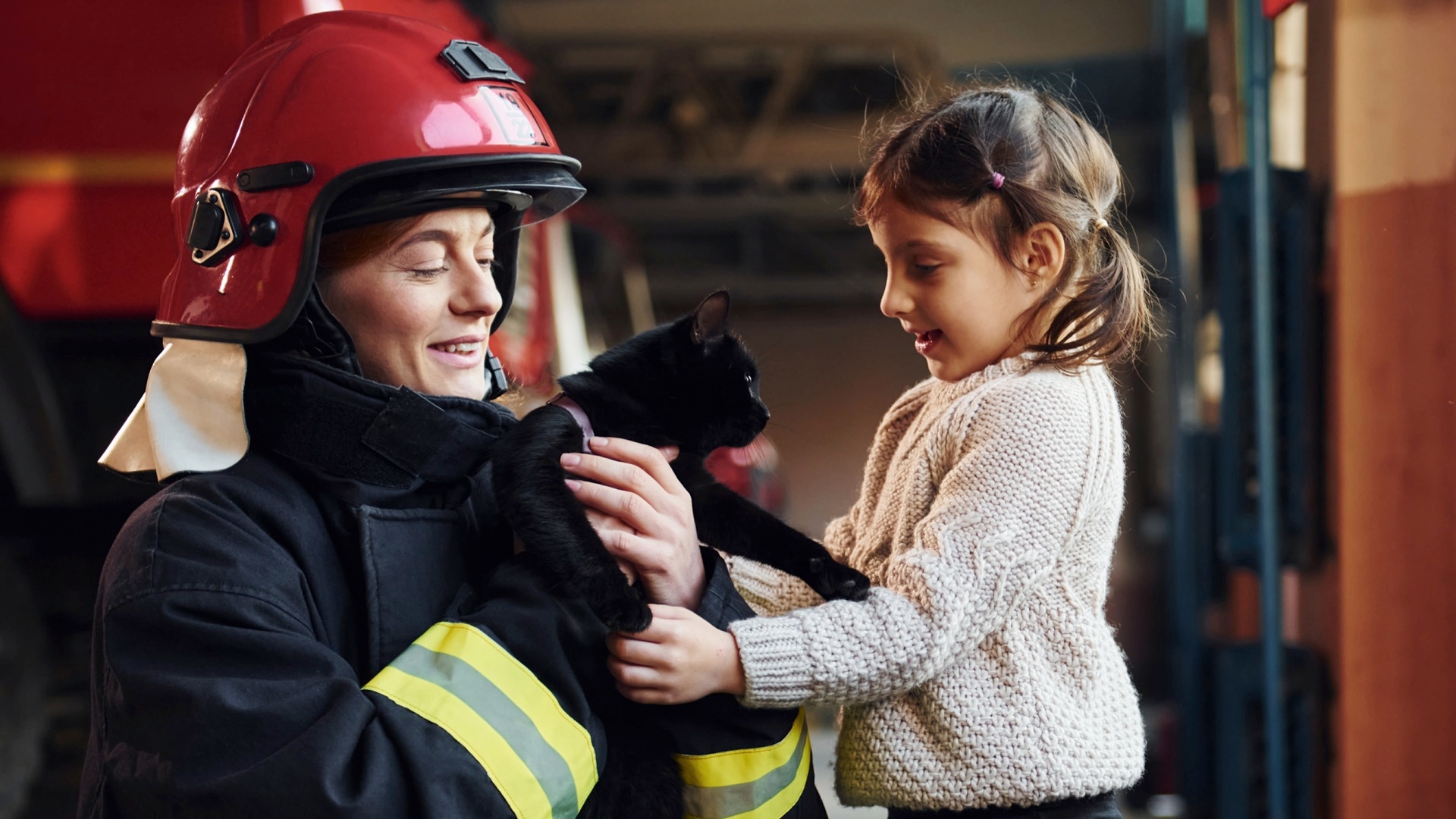
If you have a plan in place for you and your pets, you will likely encounter less difficulty, stress and worry when you need to make a decision during an emergency. If local officials ask you to evacuate, that means your pet should evacuate too. If you leave your pets behind, they may end up lost, injured or worse.
